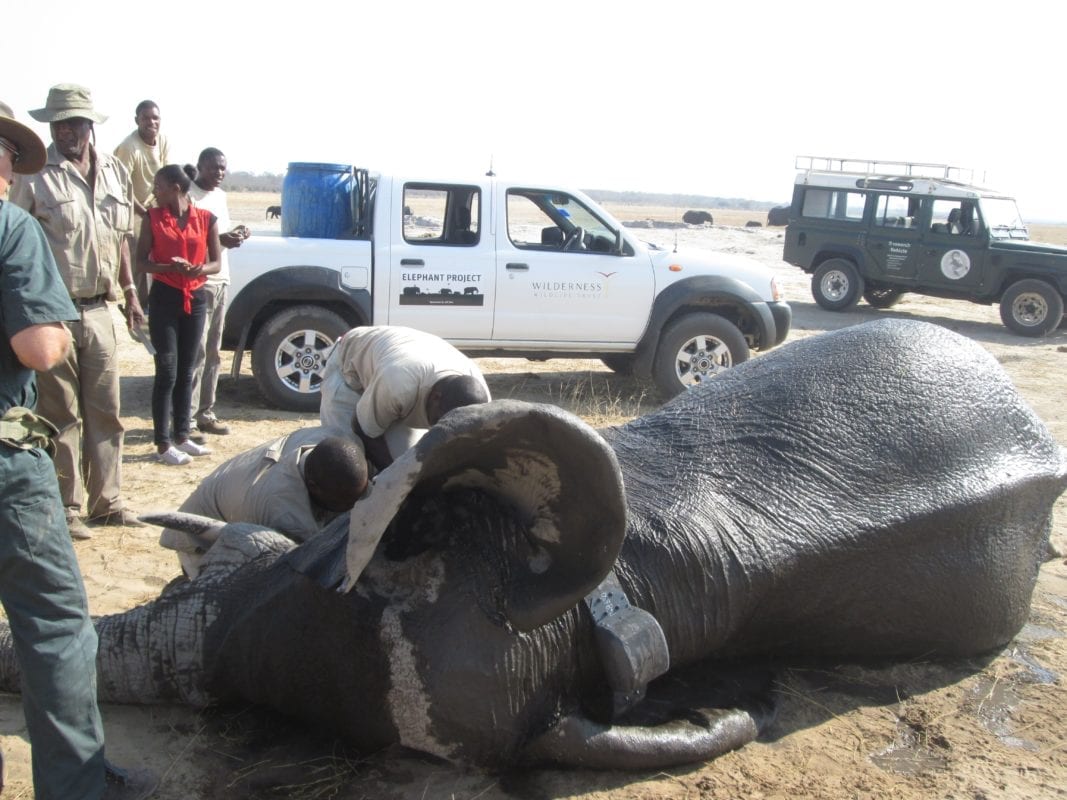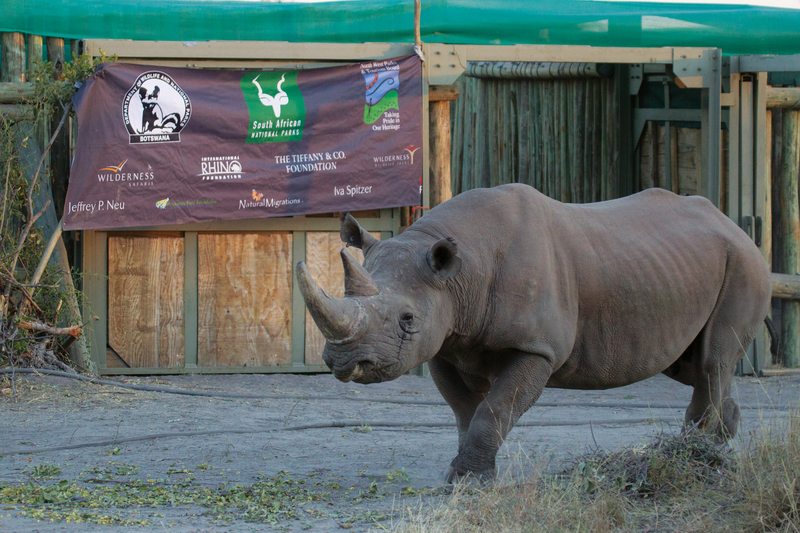What We Give Back
Sasiani, was born out of a combined love of African travel, her wildlife, landscapes and people along with a strong desire to help preserve the continents vulnerable wilderness regions and their residents.
We believe that conservation is as much about people and wildlife as about the environment. With thanks to our Partners, who have progressively initiated changes to the face of nature-based tourism in Africa, we are now seeing an exponential commitment to Conservation and Eco Tourism; particularly in East and Southern Africa with many national parks and concessions restocking their wild areas with wildlife species that were previously poached and hunted to local extinction.
With all Wilderness Destinations bookings, a percentage of profit is donated to the Children in the Wilderness Program (CITW), a non-profit organisation supported by ecotourism company Wilderness Destinations, who facilitates sustainable conservation through leadership development and rural education. The CITW programme: an environmental and life skills educational programme for children, focuses on the next generation of decision makers; inspiring them to care and protect Africa’s wilderness areas and all life forms within.
Exposing the children to their natural heritage and creating a network of learning sanctuaries that uplifts and cares for them helps create leadership values and progressive learning environments, and this is achieved through Eco-Club Programmes at local schools to running camps at Wilderness Destinations and Partner Camps.
In this way, we hope that the children are inspired to care for the environment so they will become the future custodians of these invaluable wilderness regions https://www.childreninthewilderness.com/
Simultaneously, we contribute to the Wilderness Wildlife Trust, a non-profit entity that is also supported by Wilderness Destinations. The trust was created to support a wide variety of projects and initiatives throughout Africa: from anti-poaching units, conservation and wildlife management, wildlife and environment research to educational bursaries and scholarships. http://www.wildernesstrust.com/
Through financial donations all of our Partners contribute to the well being of both wildlife and local communities whether it be Land & Resource Management, Wildlife Relocation & Veterinary Treatment, Research, Land Purchase or Community Education and Employment & Development that empowers local people to respect and nurture their most vital resource ‘Africa’. African safari tours from Australia


